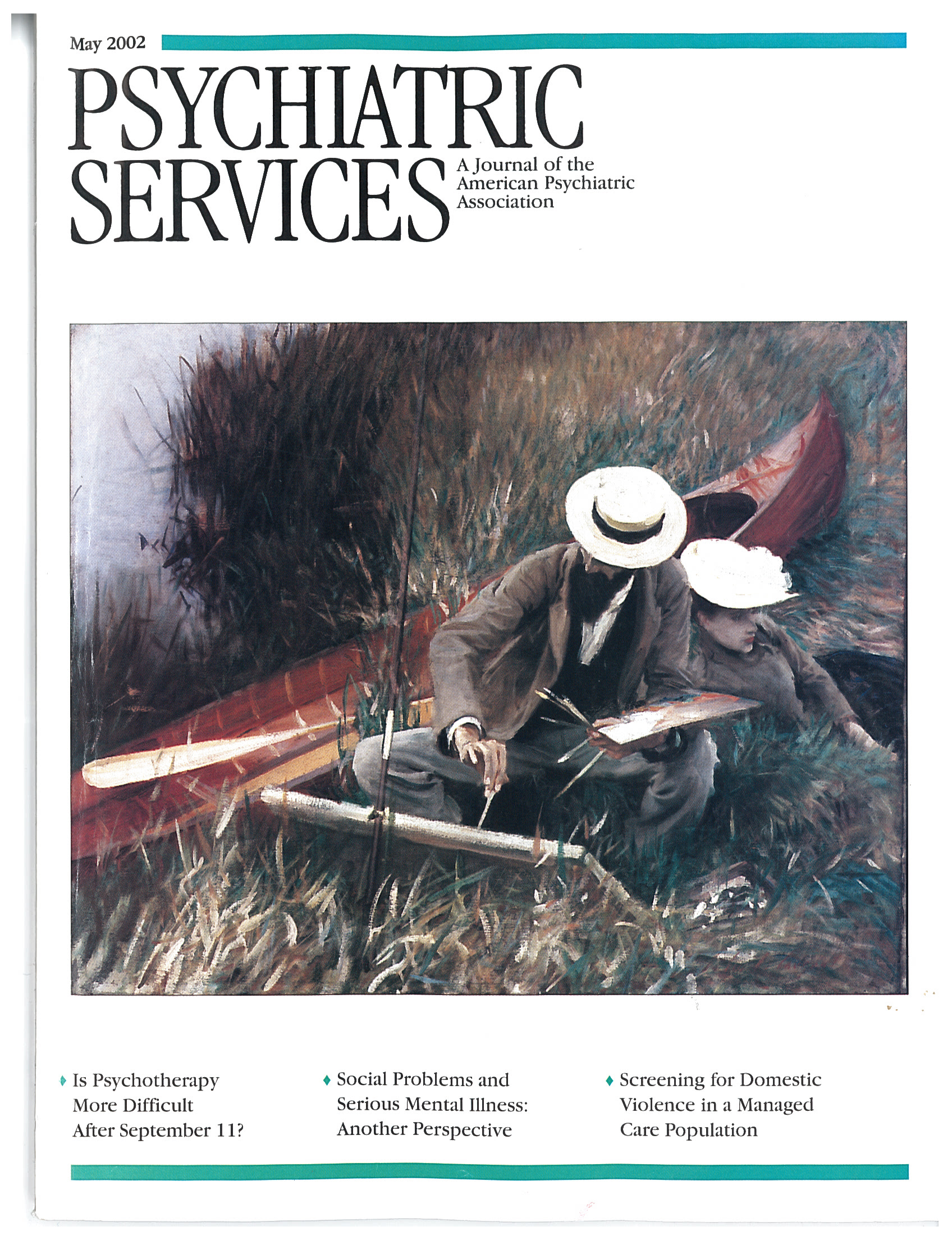In Reply: Ms. Matorin draws on her clinical experience to poignantly describe the struggles encountered by patients and families who are coping with stigma in their daily lives. She points out that the efforts of mental health professionals have had only a limited impact on stigmatization, and she implies that the battle against stigma must be waged as much by consumers, families, opinion leaders, and the press as by professionals.
We agree. Autobiographical books such as Andrew Solomon's
The Noonday Demon (
1) and William Styron's
Darkness Visible (
2) are courageous accounts that help promote the idea in the public mind that mental illnesses are like physical illnesses. Popular films such as
Girl, Interrupted and
Ordinary People help cut through stereotypes and reduce the fear and mistrust of people with mental illness that derive in part from ignorance.
As Ms. Matorin suggests, the media played a strong role in helping promote broader recognition of symptoms of mental illness as a normal response to stress and trauma in the portrayal of peoples' responses to the events of September 11. Many of these accounts demonstrated the tremendous potential of the media to help combat stigma.
However, there is still much that mental health professionals can do to help reduce the adverse impact of stigmatization of people with mental illness. First, like others before them, such as Kay Redfield Jamison (
3) and Larry Davidson (
4), they can be more disclosing about their own illnesses and those of family members. Personal accounts by mental health professionals help foster public acceptance of mental illness, and professionals who are open about their illnesses can serve as role models to patients and colleagues who are struggling with feelings of shame over their illness, leading them to hide it. Personal accounts by mental health professionals may also help minimize the tendency toward what Davidson terms the "us and them" thinking that permeates even the mental health field (
4).
Even though the media has enormous influence, any fundamental change in the dichotomous us-and-them thinking that underlies the stigmatization of people with mental illness must start with a shift in the interpersonal dynamic in relationships between persons who have a mental illness and the professionals who treat them.
Second, mental health professionals can support and broaden their involvement with consumer and family advocacy organizations such as the National Alliance for the Mentally Ill and the National Depression and Manic-Depression Association. By openly promoting the interests and entitlements of people with mental illness, such organizations serve to counteract the sense of the disempowerment that frequently accompanies stigmatization.

